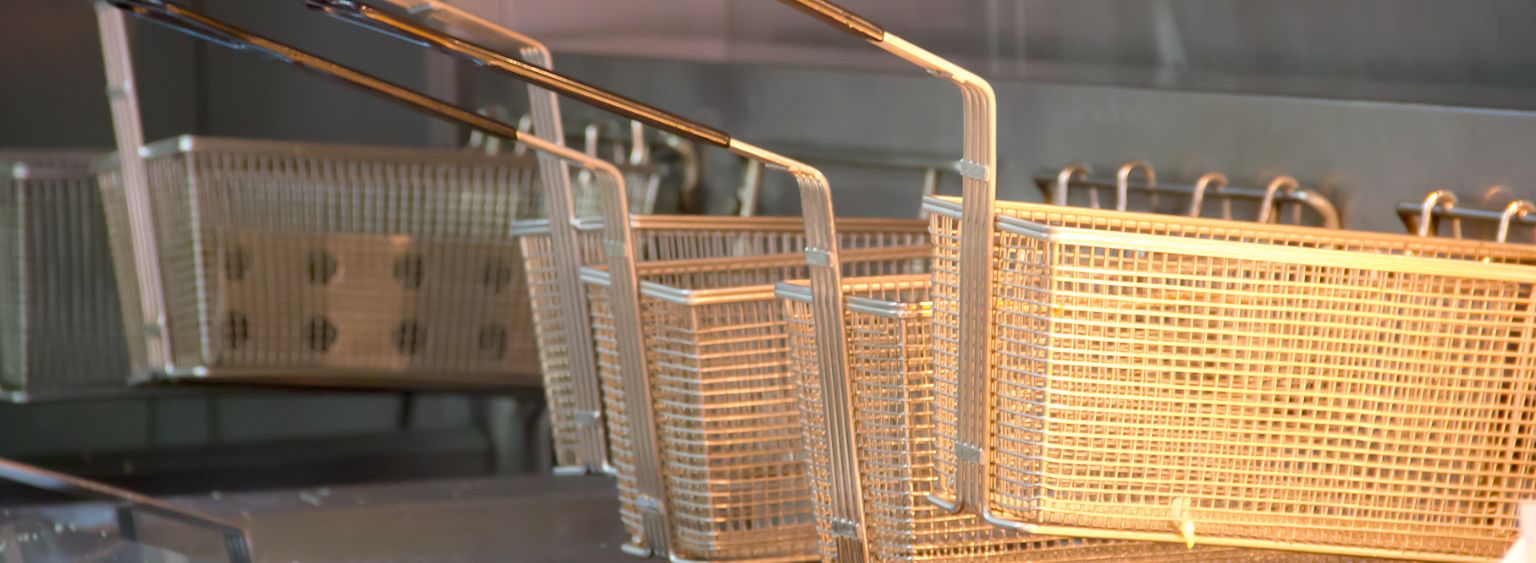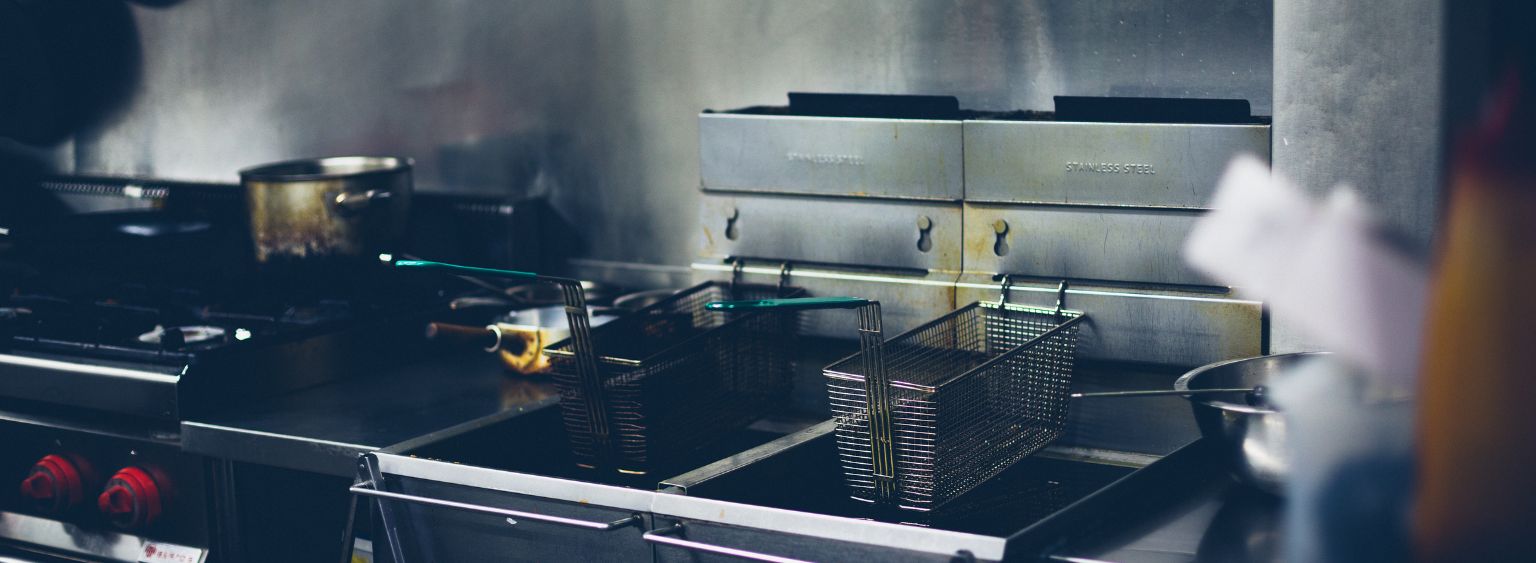Safeguarding Your Restaurant’s Pipes
The Vital Role of Recycling Used Cooking Oil

In the bustling world of restaurant ownership, your pipes often remain unnoticed, silently performing a crucial role in ensuring your establishment runs smoothly. Yet, beneath the surface, an unseen menace lurks—the fatberg. These monstrous blockages, formed from a sinister blend of fats, oils, grease (FOG), and non-biodegradable debris, have the potential to wreak havoc on your restaurant’s operations and finances. In this comprehensive exploration, we’ll delve into the pressing need for recycling used cooking oil to protect your restaurant’s pipes. This urgency is underscored by compelling statistics that emphasize the gravity of the situation.
The Pipe Peril
First and foremost, let’s shed light on the ominous threat of fatbergs. These concrete-like formations can grow to astonishing sizes, sometimes reaching that of a small car. Their nefarious presence accounts for nearly 60% of all sewer blockages in the United States. These hidden time bombs not only disrupt your plumbing but can also lead to catastrophic sewer overflows. Astonishingly, the U.S. witnesses close to 50,000 such incidents annually, turning your seemingly reliable pipes into ticking time bombs beneath your restaurant.
The ramifications of fatbergs extend far beyond the immediate plumbing troubles. These blockages can lead to extensive cleanup costs, property damage, and, more alarmingly, environmental hazards. Moreover, they can result in significant business disruptions and lead to lost revenue.
Drain Blockades and Costs
Now, let’s shift our focus to the consequences of blocked drains within restaurants, primarily due to improper oil disposal practices. The financial cost of these blockages is staggering, and the specter of health code violations looms large.
Consider this sobering fact: restaurants across the United States collectively spend well over $1 billion annually to tackle drain blockages caused by improper oil disposal. While pouring used cooking oil down the drain may seem convenient, it accelerates the accumulation of debris, fats, and grease within your pipes. This accumulation becomes a potential hazard beneath your establishment.
Blocked drains aren’t just financial burdens; they also pose severe health risks. Health code violations stemming from these blockages can lead to costly penalties, forced closures, and irreparable damage to your restaurant’s reputation. More importantly, they jeopardize the safety and well-being of your patrons, potentially causing a significant loss of trust and revenue.
Shielding Pipes and Financial Savings
Now, let’s explore the solution to these impending threats. Recycling used cooking oil isn’t just an environmentally responsible choice; it’s a lifeline for your restaurant’s pipes. Studies unequivocally demonstrate that by recycling used cooking oil, restaurants can realize substantial savings, often up to $1,000 per year, compared to dealing with the aftermath of fatberg-induced plumbing disasters.
Proper disposal of used cooking oil is paramount to protecting your pipes and, consequently, your bottom line. Pouring used cooking oil down the drain, although seemingly convenient, significantly contributes to fatberg formation, exacerbating the risks of blockages and plumbing damage. In contrast, recycling used cooking oil is a responsible choice that not only shields your pipes but also benefits the environment. Recycling facilities can transform used cooking oil into biodiesel, reducing our collective reliance on fossil fuels and contributing to a greener, more sustainable planet.
By adopting a proactive stance and partnering with a trusted used cooking oil recycling company like American Bio Source, you ensure that your used cooking oil is collected, recycled, and repurposed responsibly. This not only protects your restaurant from plumbing perils but also aligns your business with environmentally conscious practices that have a positive impact on both your bottom line and the planet.
American Bio Source Partnership
Partnering with a reputable used cooking oil recycling company is paramount in this mission to safeguard your restaurant’s pipes and resources. American Bio Source proudly stands as such a partner, working hand in hand with thousands of restaurants to responsibly collect, recycle, and repurpose used cooking oil. Their unwavering commitment to sustainability ensures that your used cooking oil is handled with the utmost care, minimizing any potential negative impact on the environment.
By choosing American Bio Source as your recycling partner, you not only protect your restaurant from plumbing perils and costly health code violations but also become an integral part of a community of businesses that prioritize eco-conscious practices. This partnership not only contributes to a safer and more sustainable restaurant environment but also showcases your commitment to responsible, forward-thinking business practices.
The Environmental Benefits of Recycling Used Cooking Oil
While the focus has been primarily on the financial and operational aspects, it’s essential to underscore the environmental advantages of recycling used cooking oil. The impact extends far beyond your restaurant’s pipes and your immediate financial savings.
Recycling used cooking oil significantly reduces your establishment’s carbon footprint. Instead of contributing to clogged sewers and landfills, where used oil can take years to decompose, recycling transforms it into biodiesel—a clean and sustainable energy source. This biodiesel can power vehicles and machinery, reducing our reliance on fossil fuels and decreasing harmful emissions.
Additionally, recycling used cooking oil aids in reducing the overall demand for virgin resources. It’s a vital step towards a more circular and sustainable economy, where waste is minimized, and resources are conserved for future generations.
The Health and Safety Benefits of Recycling Used Cooking Oil
Beyond the financial and environmental benefits, recycling used cooking oil also contributes to a safer and healthier workplace for your restaurant’s staff and patrons. When used cooking oil is disposed of properly, the risks of slip-and-fall accidents caused by oil spills are significantly reduced. This not only prevents injuries but also reduces the potential for costly liability claims and workers’ compensation expenses.
Moreover, maintaining clean and unobstructed drains and pipes improves overall hygiene in your restaurant. It reduces foul odors and the attraction of pests that thrive on accumulated FOG (fats, oils, and grease). By recycling, you create a cleaner, safer, and more pleasant environment for your employees and customers.
In the whirlwind world of restaurant ownership, your pipes remain the unsung heroes, quietly ensuring that everything flows smoothly. Yet, beneath the surface, the specter of fatbergs and blocked drains looms large, ready to disrupt your operations and tarnish your reputation.
By recycling used cooking oil, you become the guardian of your restaurant’s pipes, a protector of your hard-earned revenue, a steward of a greener, more sustainable future, and a champion of health and safety. The statistics and facts presented here leave no room for doubt—recycling is not just an option; it’s an imperative. It’s time to take action.


